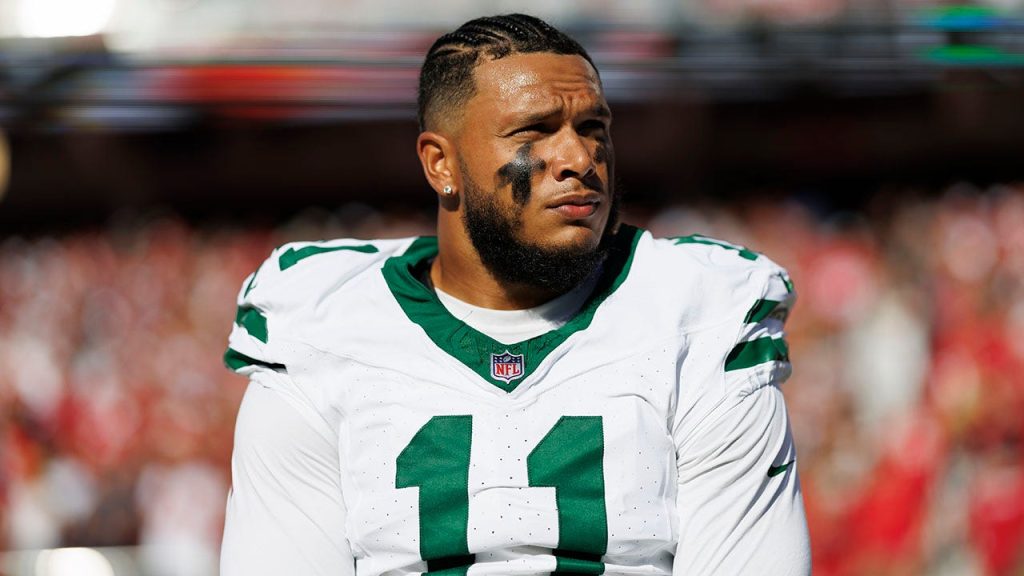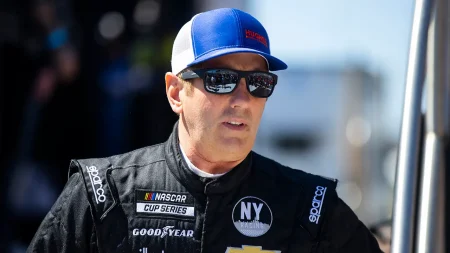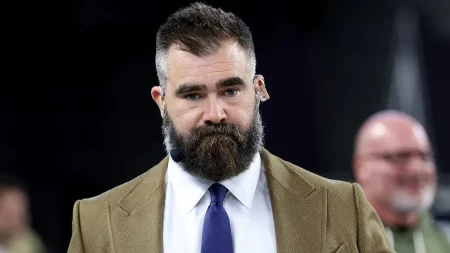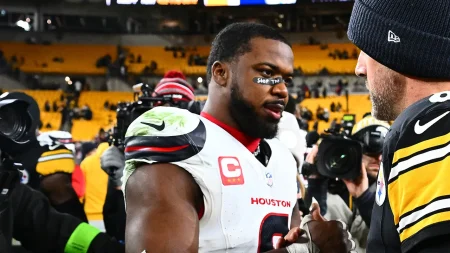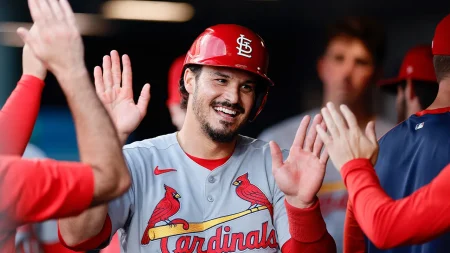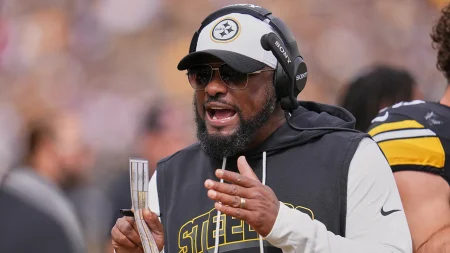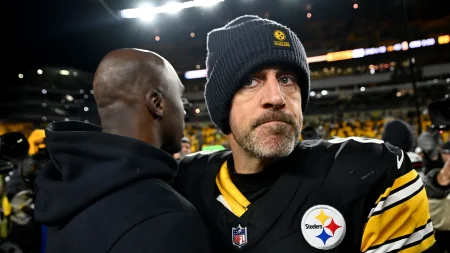The Jets’ Painful Rebuild: Trading Stars and Teammates’ Raw Reactions
A Shocking NFL Trade Deadline for the Jets
The New York Jets made headlines at the NFL trade deadline with unexpected moves that sent shockwaves through the league and their own locker room. The struggling 1-7 team parted ways with two defensive cornerstones, trading All-Pro cornerback Sauce Gardner to the Indianapolis Colts and three-time Pro Bowl defensive tackle Quinnen Williams to the Dallas Cowboys. These trades signaled a clear rebuilding strategy, but left many teammates visibly upset by the departure of their friends and colleagues. The decisions were particularly surprising given that Gardner had just signed a four-year extension with the team this offseason, making his departure even more unexpected.
Teammates Express Raw Emotions on Social Media
The impact of these trades was immediately evident in the reactions from remaining Jets players on social media. Running back Breece Hall, who had reportedly requested a trade himself before the deadline, posted a heartfelt but since-deleted tweet: “Sick about my bruddas man. Happy for them but man Im sick rn.” Hall had also been posting cryptic memes before the deadline that fans interpreted as commentary on his own situation with the team. The social media activity revealed the personal connections and brotherhood that exist beyond the business side of football, showing how deeply these personnel moves affect the human relationships within the locker room.
Substantial Returns for Future Building
While emotionally difficult, the trades did bring significant future assets to the Jets organization. For Gardner, the Jets received two first-round draft picks from the Colts, providing substantial draft capital for rebuilding. The Williams trade to Dallas netted the Jets a 2027 first-round pick, a 2026 second-round pick, and defensive tackle Mazi Smith. These returns demonstrate the high value of the players the Jets parted with, but also represent a clear pivot toward future success at the expense of current competitiveness. Notably, the team kept offensive stars like Hall and wide receiver Garrett Wilson, suggesting a selective rather than complete teardown of the roster.
Edge Rusher Johnson’s Emotional Yet Supportive Response
Defensive end Jermaine Johnson provided perhaps the most nuanced response to the trades. After initially posting memes reflecting his shock, Johnson shared a thoughtful statement balancing his personal disappointment with organizational loyalty: “I’d be lying if I said I was happy my brothers are gone because I’m not, I’m sick. But, I believe strongly in the organization, staff and my other brothers in the locker room.” His message continued with a commitment to the team’s future: “I said when I got drafted I wanted to be the reason or part of the reason this thing gets changed for the better, and that’s going to continue to be my outlook.” Johnson’s response encapsulated the professional challenge of supporting organizational decisions while acknowledging the emotional toll of losing close teammates.
Another Rebuild for a Franchise Seeking Direction
These dramatic moves mark yet another rebuilding phase for a Jets organization that hasn’t reached the playoffs since January 2011. First-year general manager Darren Mougey and first-year head coach Aaron Glenn clearly weren’t satisfied with the team’s performance through nine weeks and decided to take bold action rather than continue on their current path. The trades represent a reset button for a franchise that has struggled to find consistent success despite numerous rebuilding efforts over the past decade. For Jets fans, who have endured years of disappointment, these moves may inspire mixed feelings—hope for a brighter future built through draft capital, but frustration at saying goodbye to beloved star players.
The Human Side of Professional Football
This trade deadline saga highlights the human element often overlooked in professional sports transactions. While analysts focus on draft picks and salary cap implications, these moves profoundly affect real people who have formed deep bonds with teammates. For players like Gardner and Williams, being traded means uprooting their lives midseason and leaving behind friends and a familiar environment. For those remaining, like Johnson and Hall, it means adjusting to the absence of teammates they’ve battled alongside and developed close relationships with. Johnson’s promise that “better things are coming” reflects the difficult balance players must strike between accepting the business realities of professional football and processing their genuine human emotions about losing friends and colleagues they’ve come to consider family.




